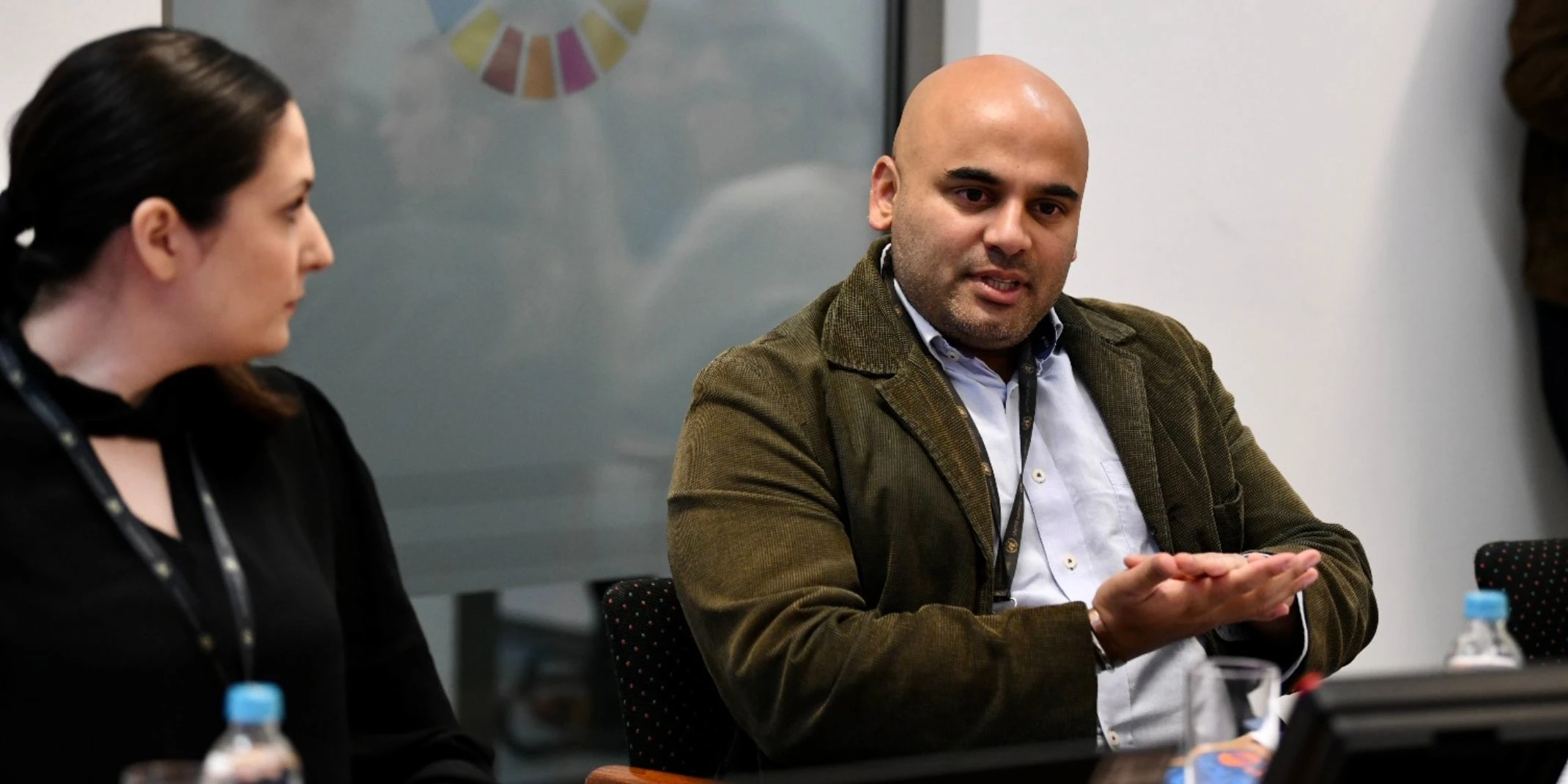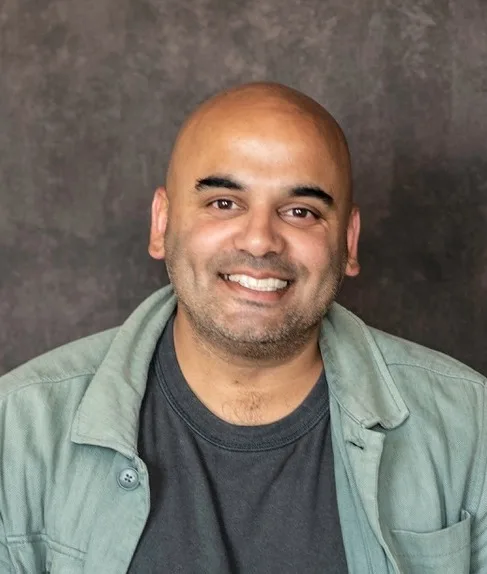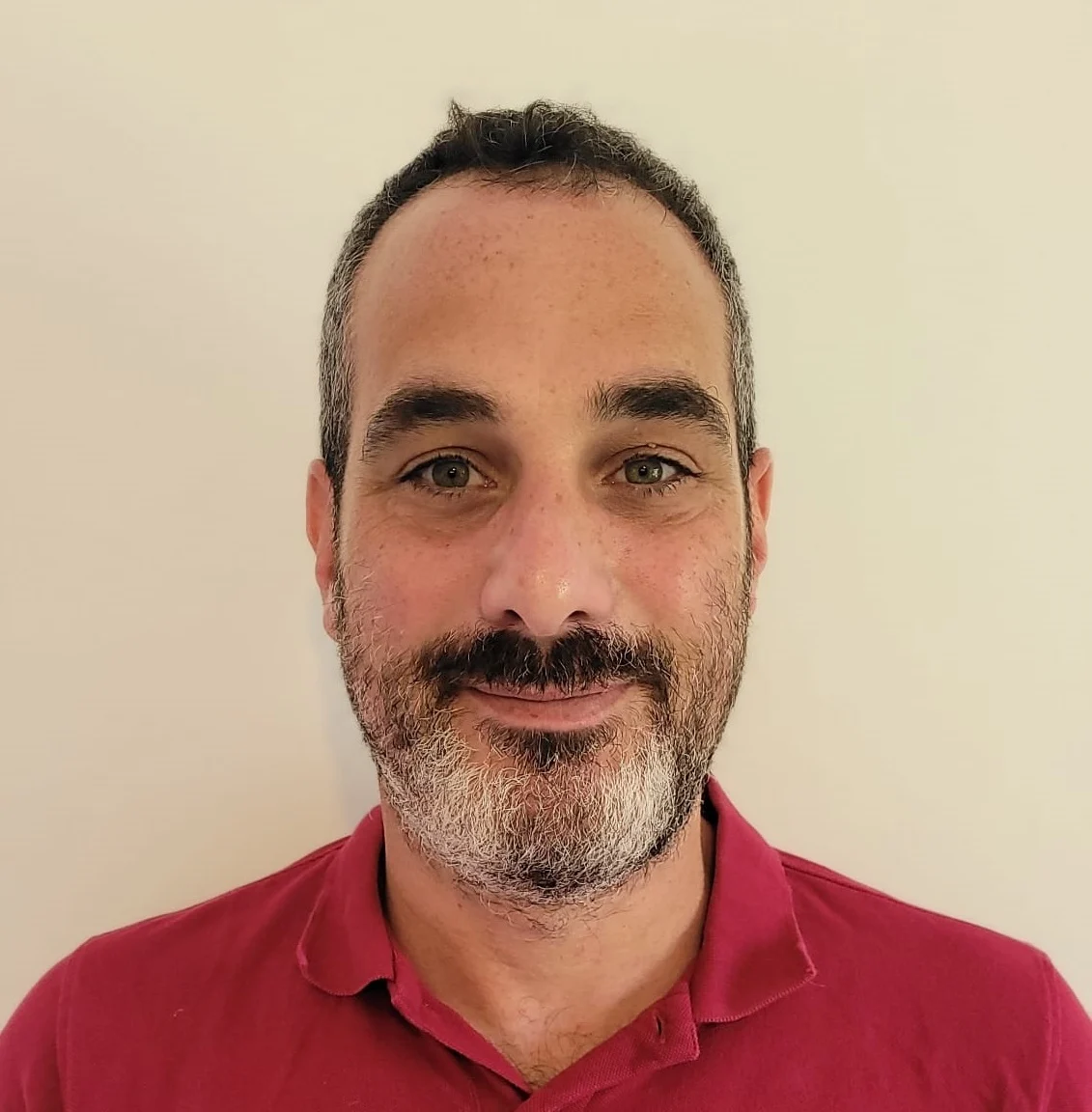Protecting human rights requires more than aid suspension – here’s why
August 15, 2025 | 15 min read
By Lucy Goodchild van Hilten

In their Atlas Award-winning paper, researchers provide a framework for donor countries to protect human rights.
In international aid, the relationship between donor countries (those giving aid) and recipient countries (those receiving it) is complicated, especially when decisions made by the recipient country’s government affect human rights. In cases like this, donor countries can withhold aid from recipient countries in a bid to force change. But what happens when the public in the recipient country actually supports government actions that target human rights? And what alternatives do donors have if they want to ensure human rights are protected without risking public backlash?
It’s a complex question, but experts say it is possible to take a political approach without staying silent on ethics. The latest Atlas Award, which celebrates research for a better world, goes to a paper that provides solutions for policymakers.
In their paper in World Development, researchers from the University of Birmingham and University of Oxford explore the implications of a ‘complicit’ public and offer a framework for aid donors to find the right way to protect human rights in recipient countries.
When the Ugandan Government proposed its 2009 Anti-Homosexuality Bill (AHB), which targeted the rights of LGBT people, there was global outcry. Uganda was receiving aid from Western official development assistance (ODA), and many donor countries threatened to suspend aid in a bid to force the AHB’s rejection and protect human rights.
At first, the Ugandan President at the time, Yoweri Museveni, said the AHB didn’t reflect the views of the Government. However, the Bill was eventually passed following pressure from the public in Uganda, the overwhelming majority of whom supported it.
“The aid donors in Uganda had responded very strongly,” said Niheer Dasandi, Professor of Global Politics and Sustainable Development in the International Development Department at the University of Birmingham. “But a lot of people felt that that strong and very public response actually made things much worse rather than helping the situation.”
The success of this approach, called aid conditionality, depends on several factors, including the context in the aid recipient country. In their paper in World Development, Professor Dasandi and his coauthor Dr. Lior Erez, the Alfred Landecker Postdoctoral Fellow at the Blavatnik School of Government and an associate member of Nuffield College, University of Oxford, focus on one particular context in which the ‘complicit’ public actually supports the actions taken by their governments to target the human rights of certain groups.

Niheer Dasandi, Professor of Global Politics and Sustainable Development in the International Development Department at the University of Birmingham
Why donors suspend aid (and why it’s not so simple)
Aid is a financial resource that influences the countries that receive it. Aid conditionality is when donor countries put conditions on that aid in an attempt to incentivize governments to improve their human rights performance.
Professor Dasandi explained: “The argument is, if the donor country is giving aid to a country like Uganda, it doesn't make sense if the Ugandan Government is unaccountable to the actual population who that aid is meant to serve. So actually, there should be some conditions on that aid.”
This sounds relatively straightforward, but it poses a serious dilemma. “On the one hand, you want to use aid conditionality to advance positive behavior by the recipient government,” said Dr. Erez. “But there's a dilemma because the aid is actually needed. So in a sense, you're harming innocent people in the recipient country, the citizens, in order to affect the behavior of the government.”
What makes the situation even more complex is that the public sometimes supports policies that target the human rights of certain groups – a phenomenon called a ‘complicit public’. “We want to ask, when are citizens responsible for the actions of the government?” said Dr. Erez.
A framework for donors to protect human rights
A complicit public can make aid conditionality ineffective, because the public supports the recipient government action the donor country wants to stop. So what other options do donor countries have?
In their paper, Professor Dasandi and Dr. Erez set out a framework of four alternatives for donors, highlighting the recipient and donor context, global situation and donor–recipient relationship that best fit each one.
“That was a challenge for us, because on the one hand, you do want to provide answers, but on the other hand, these are complex and very context-dependent,” said Dr. Erez. “We eventually settled on what I think is the optimal thing you can do in those circumstances: we try to give what are the salient features that decision makers need to look at, and then to think about the framework we've developed as a toolbox for them to weigh in on these different ethical and political considerations.”

Dr. Lior Erez
The authors outline four possible responses, providing context across these factors.
Private stick and public flag – ‘quiet diplomacy’ that avoids the backlash that may occur if the threat to withdraw aid is public.
Institutionalizing conditionality – establishing legal processes that ensure aid paid to recipient countries reflects human rights performance.
Positive conditionality – ‘reward’ recipients that promote human rights.
Consistent and longer-term engagement – this may help prevent human rights situations from reaching a crisis point that requires aid suspension.
Unavoidable clash: Sticking to the flag and stick – this may be needed in two situations: if there is a major human rights crisis, and if the incentive to respect human rights far outweighs the pressure of a backlash.
The authors look in detail at the factors that donor countries need to take into account when choosing their approach. By providing this framework, they are supporting SDG 16, which aims to “Promote peaceful and inclusive societies for sustainable development, provide access to justice for all and build effective, accountable and inclusive institutions at all levels.”
In an increasingly divided world, where significant segments of the public support the violation of certain groups’ human rights, it’s important to look at the situation and all its complexities before taking action. Donor countries can incentivize the recipients of their aid to improve their human rights performance, and the framework Professor Dasandi and Dr. Erez set out can help them decide how.
Niheer Dasandi and Lior Erez: The flag and the stick: Aid suspensions, human rights, and the problem of the complicit public, World Development (August 2023)
Contributor

Lucy Goodchild van Hilten
Science Writer
TellLucy